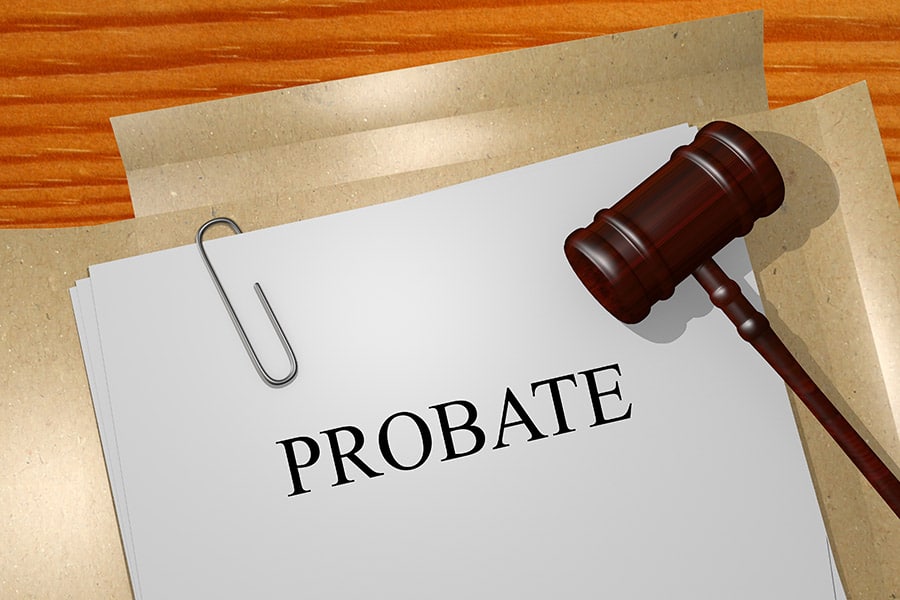What is Probate?
Probate is the legal process that allows the transfer of assets from a deceased person to their heirs or beneficiaries. In California, probate is handled by the Superior Court in the county where the deceased person lived.
How Does Probate Work?
The probate process typically involves the following steps:
1. Filing a petition with the court. The first step in the probate process is to file a petition with the court. The petition must be filed by the executor of the will (if there is one) or by an administrator (if there is no will). The petition must include information about the deceased person, their assets, and their heirs or beneficiaries.
2. Serving notice of the petition. Once the petition is filed, the court will issue a notice of the petition to the deceased person’s heirs or beneficiaries. The notice will inform them of the probate proceeding and their right to object to the will or the appointment of the executor.
3. Proving the will. If there is a will, the next step is to prove the will to the court. This means that the executor must present evidence to the court that the will is valid. This evidence may include witnesses who can testify that the deceased person signed the will in their presence and that they were of sound mind at the time.
4. Appointing an executor. Once the will has been proven, the court will appoint an executor to oversee the probate process. The executor is responsible for collecting the deceased person’s assets, paying their debts, and distributing their property to their heirs or beneficiaries.
5. Collecting assets. The executor’s first task is to collect the deceased person’s assets. This may include real estate, bank accounts, investments, and personal property.
6. Paying debts. Once the assets have been collected, the executor must pay the deceased person’s debts. This includes funeral expenses, medical bills, and any other debts that the deceased person owed.
7. Distributing property. Once the debts have been paid, the executor must distribute the remaining property to the deceased person’s heirs or beneficiaries. The distribution of property must be in accordance with the terms of the will.
The probate process can be complex and time-consuming. If you are the executor of an estate, it is important to consult with an attorney to ensure that the process is handled correctly.
Cost and Timeline of Probate
The cost of probate can vary depending on the size of the estate. However, it is typically several thousand dollars. The probate process can take several months or even years to complete.
Conclusion
If you have any questions about the probate process in California, you should consult with an attorney. An attorney can help you understand the probate process, prepare the necessary paperwork, and represent you in court.


 Facebook
Facebook
 X
X
 Pinterest
Pinterest
 Copy Link
Copy Link



